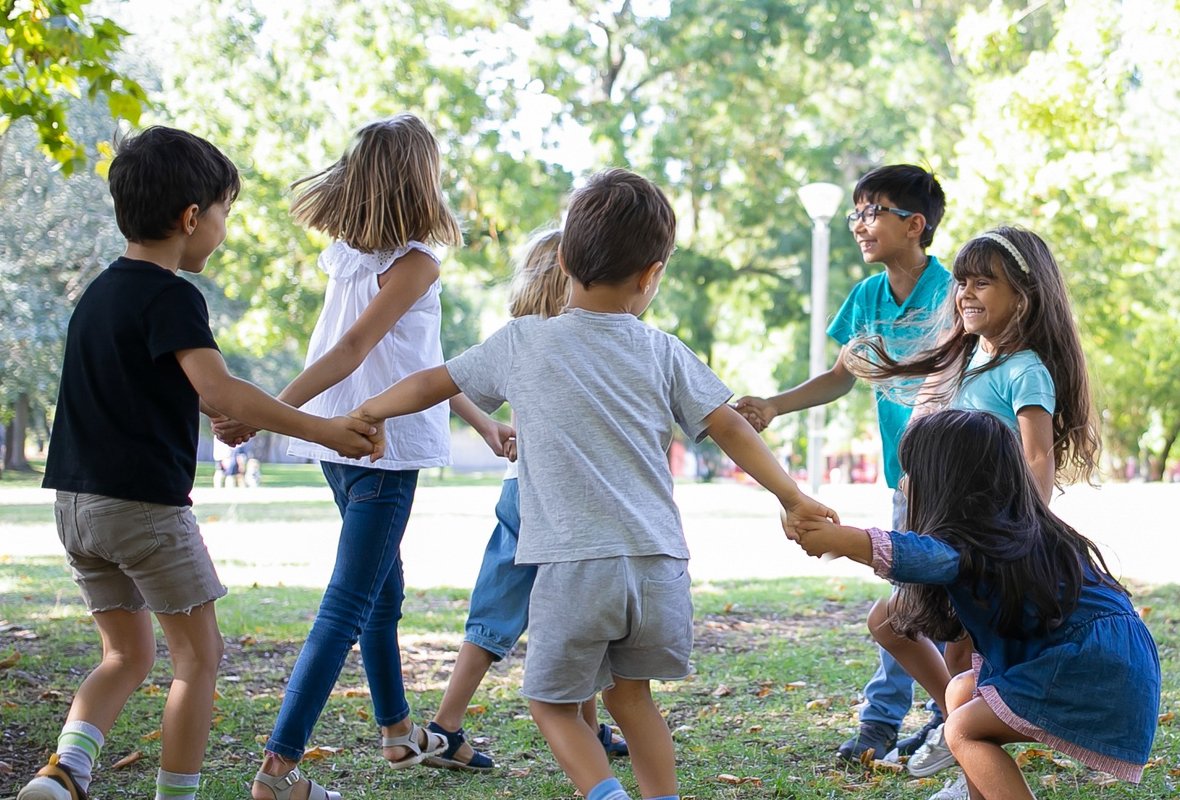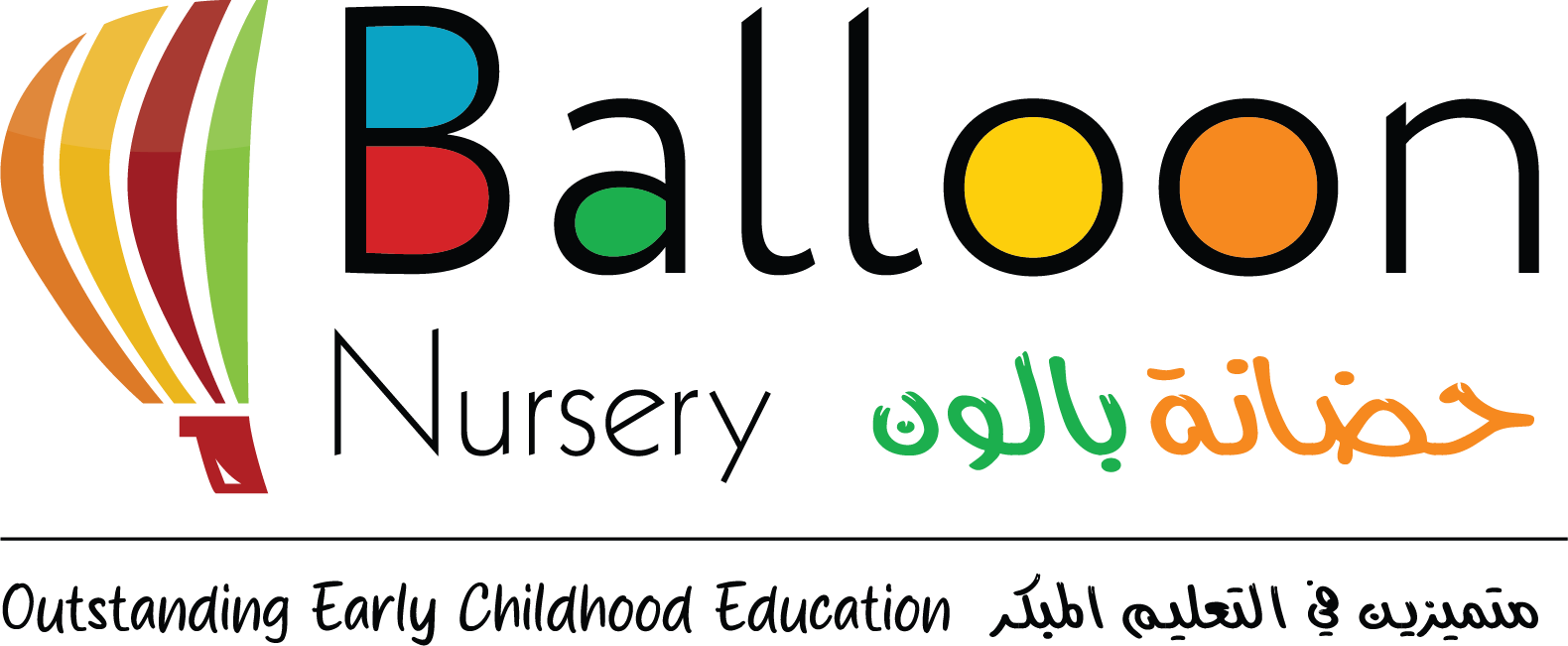How Play-Based Learning Shapes Your Child’s Future
When you think about learning, you might imagine books, classrooms, and lessons. But for young children, the most powerful learning tool is play. Play is more than just fun—it is a child’s natural way of understanding the world. At Balloon Nursery, we believe that play-based learning is one of the most effective approaches to nurturing early childhood development, building skills that last well into adulthood.


Why Play Is More Than Just Fun
Children are naturally curious. Through play, they explore their surroundings, test their abilities, and make sense of new experiences. Play gives children the freedom to experiment, imagine, and solve problems in ways that structured lessons cannot always achieve.
-
Cognitive Growth: Activities like puzzles, block building, and role-play encourage problem-solving, memory development, and logical thinking.
-
Social Development: Playing with peers teaches children cooperation, sharing, and empathy. They learn how to work as a team, resolve conflicts, and understand others’ perspectives.
-
Emotional Wellbeing: Play provides an outlet for children to express emotions, manage stress, and build resilience.
The Role of Play in Language and Communication
Through storytelling, singing, and pretend play, children develop strong language skills. They learn new words, improve sentence formation, and build confidence in expressing ideas. Simple activities like “playing house” or “shopkeeper games” can dramatically boost vocabulary and communication abilities.
Physical Development Through Play
Play strengthens the body just as much as the mind. Outdoor activities such as running, climbing, cycling, and ball games improve coordination, balance, and muscle strength. Indoor play—like dancing, tricycle rides, or baby gym sessions—helps refine fine motor skills and hand-eye coordination.
These physical milestones are not only essential for health but also support learning, as children who develop good motor skills often find it easier to write, draw, and participate in classroom tasks later on.
Building Critical Life Skills
Play-based learning goes beyond academics. It nurtures life skills that children will use forever:
-
Problem-Solving: Figuring out how to complete a puzzle or build a tower teaches persistence and critical thinking.
-
Creativity: Art, music, and imaginative play allow children to think outside the box and innovate.
-
Decision-Making: Choosing what to play, how to play, and with whom fosters independence and confidence.
These skills are the foundation of success in school, work, and personal life.
Play-Based Learning at Balloon Nursery
At Balloon Nursery, play is central to everything we do. Our classrooms and outdoor spaces are designed to encourage discovery and exploration. We offer:
-
Structured Play: Guided activities like art projects, story circles, and group games that develop specific skills.
-
Free Play: Time for children to choose their own activities, fostering creativity and independence.
-
Cultural and Social Play: Celebrations, role-play, and collaborative games that teach children about diversity and teamwork.
By balancing structured and unstructured play, we create an environment where children not only learn but also love to learn.
The Long-Term Benefits of Play-Based Learning
Research shows that children who engage in rich play experiences are more likely to succeed academically, socially, and emotionally in later years. They:
-
Enter school with stronger language and math readiness.
-
Have higher levels of creativity and problem-solving ability.
-
Show better emotional regulation and social adaptability.
In short, play prepares children not just for school, but for life.



